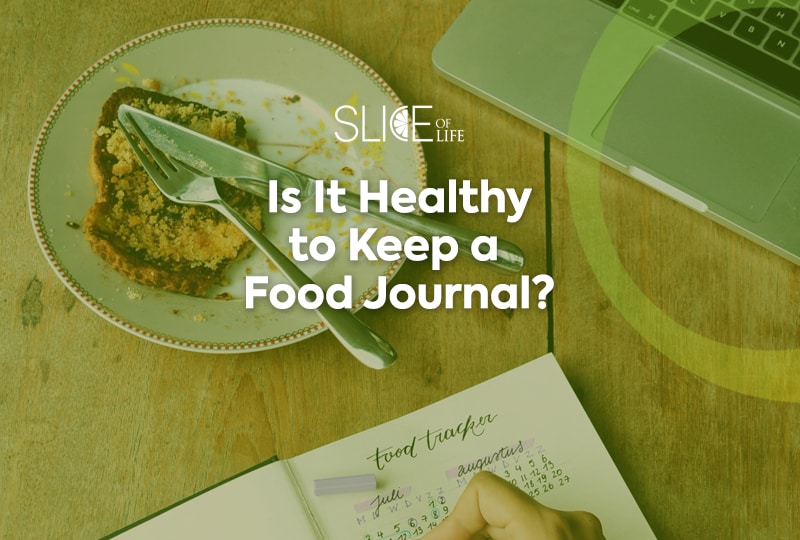Have you ever been having a quiet night at home, snuggled up on the couch watching a good movie, snacking mindlessly on chips or popcorn only to discover you have demolished the entire bag? Been there, done that, bought the t-shirt. Of course, an occasional overindulgence is not the end of the world, but if you worry your eating habits are getting out of hand, a food journal could do the trick.
The Positives of Food Journaling
The American Society of Nutrition (ASN) details the healthful benefits that food journaling can have in their article “The Benefits of Food Journaling.” Food journaling is a practice that can often be misunderstood due to valid concerns related to the potential for obsessive behaviors and disordered eating. Yet the essence of the exercise is not to cast judgement or doubt upon ourselves, but to instead promote mindful eating.
In this context, being mindful simply means having an awareness of what we are putting into our bodies. In its purest form, food journaling helps us to know what we are eating, in what amounts, when, as well as the feelings and motivations behind our eating. If you are a habitual snacker or love to go back for seconds at mealtimes, food journaling can help you identify whether or not that is a behavior that is serving you well. It can also help you identify if you are prone to stress eating or eating unhealthfully when depressed.
Food journaling can be a useful tool in numerous ways.
- Ever try to think about what you had for breakfast and end up drawing a big blank? Keeping a food journal helps you remember what you ate to help maintain a balanced diet.
- If tracking calories is important to you, tracking what you eat is a big part of that and helps you see where you can make improvements.
- Food tracking gives you a history to see if you are habitually overeating or undereating.
- If you take note of when you eat, you can see what times of day you tend to get hungry and plan your eating schedule in the most advantageous and convenient way possible.
- Food tracking, combined with reflections on your mood when you choose to eat, can provide insight to let you know if you are eating out of boredom, stress or other emotions.
- If you are having bad or allergic reactions to certain foods, journaling can help you to recognize that.
How Food Journaling Can Get Out of Hand
Like many healthy practices, food journaling can become unhealthy if performed obsessively or with the wrong intentions. Prevention puts the practice under the microscope in their blog, “Should You Be Tracking Your Food Intake With a Food Journal?”
Here are some reasons to steer away from food journaling if these issues arise:
- Food journaling can become an obsessive habit and even trigger or worsen disordered eating. If you start to engage in unhealthy behaviors due to food journaling, such as skipping meals, unnecessarily cutting out entire food categories or avoiding social interactions due to food-related anxiety, then this probably isn’t for you. Anyone with a history of disordered eating should probably avoid this practice or at least seek the guidance of their doctor or mental health professional.
- Phone apps like My Fitness Pal can be a helpful, convenient way to help you get healthier, but they do not replace the role of a registered dietitian in making sure you get the right amount of nutrients and calories. So, please consult a professional first and foremost.
- If you lose interest and joy in eating because you are so stressed about tracking everything and meeting your goals, food journaling might not be the best path.
- Reducing your food down to a number can make eating a very cold process, and the main point of food journaling is to be in tune with your body and emotions as you eat. If food journaling makes you feel less connected and mindful, it might not be for you.
There are great alternatives to food journaling available to promote healthful eating, such as focusing instead on building a nutritious plate at every meal. Half of your plate should be vegetables; then, have a high-quality, lean protein.
If you are interested in studying nutrition, visit Life U’s B.S. in Nutrition page to learn more.
Slice of LIFE is an invitation to and extension of everything happening at Life University. Whether you are a current student, a potential freshman or a proud alumni, Slice of LIFE can help keep you connected to your academic community. Know of a compelling Life U story to be shared, such as a riveting project, innovative group or something similar? Let us know by emailing Marketing@life.edu.


Social Media